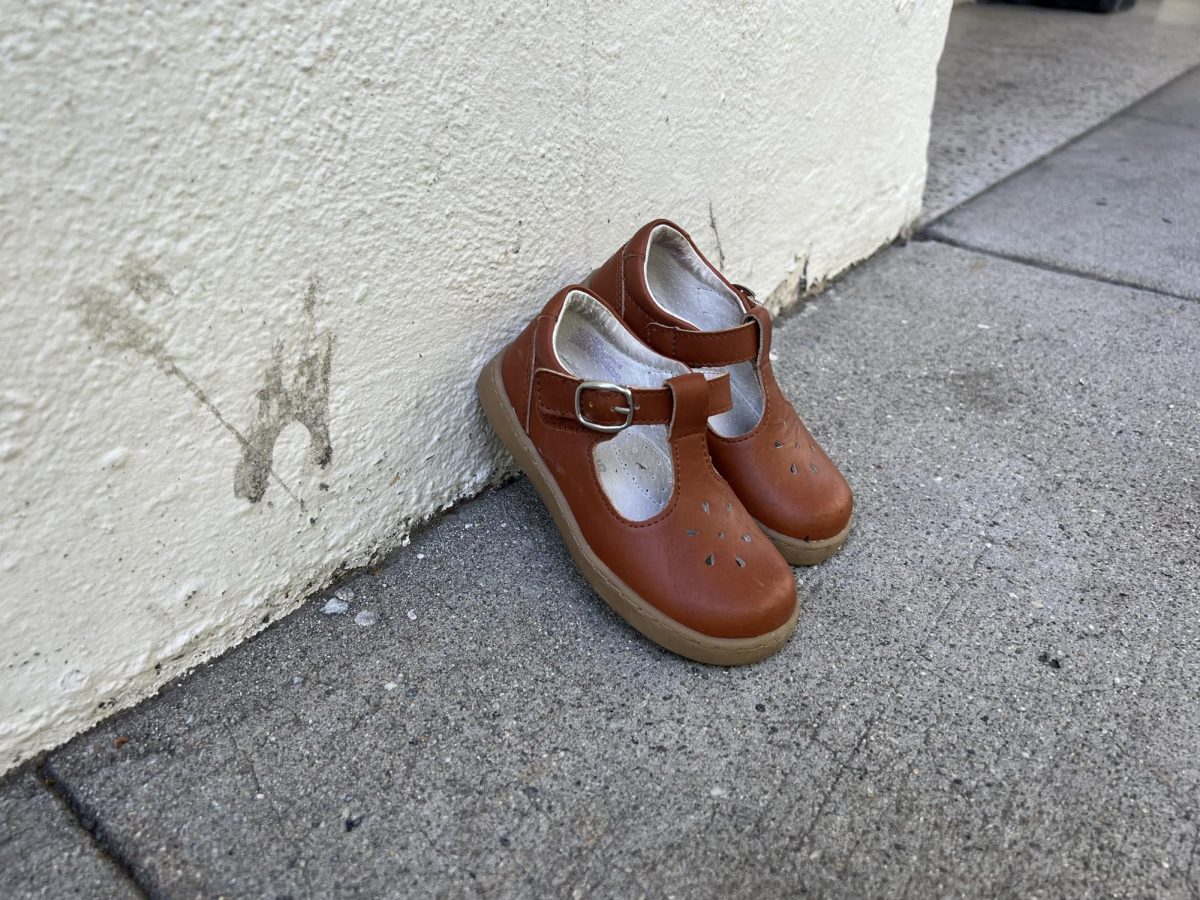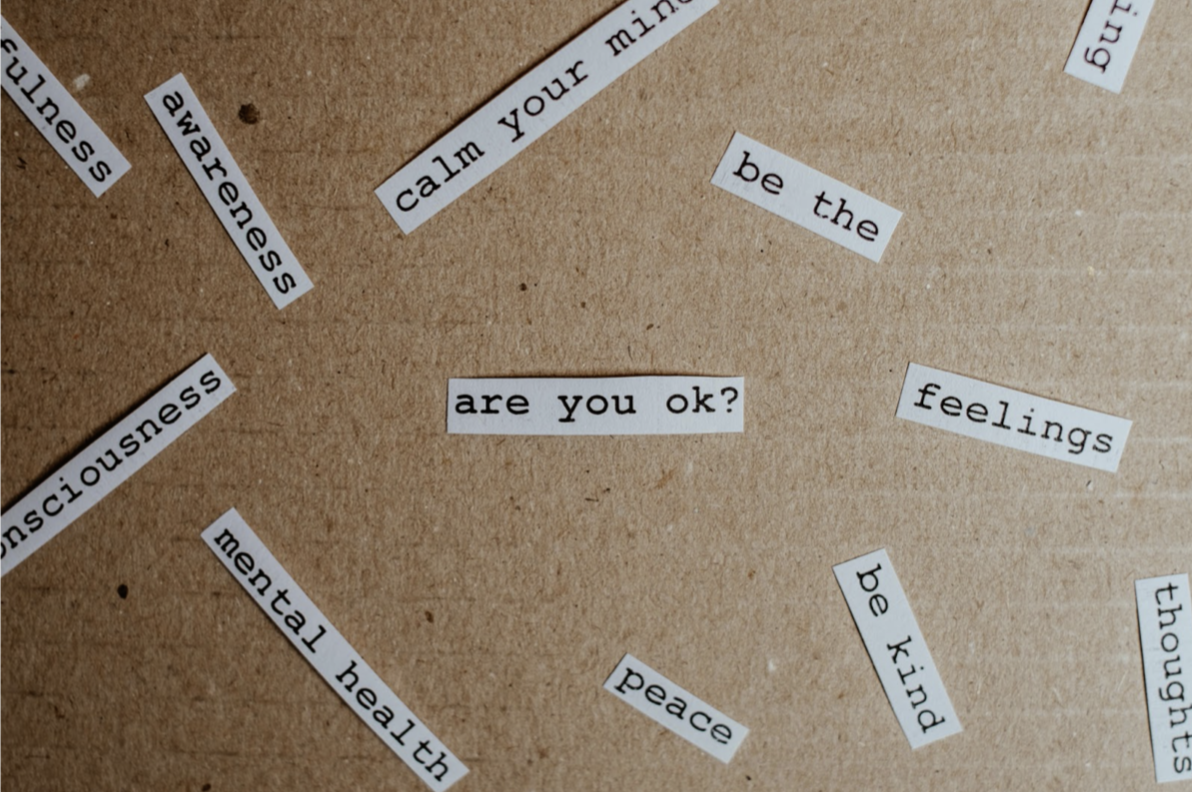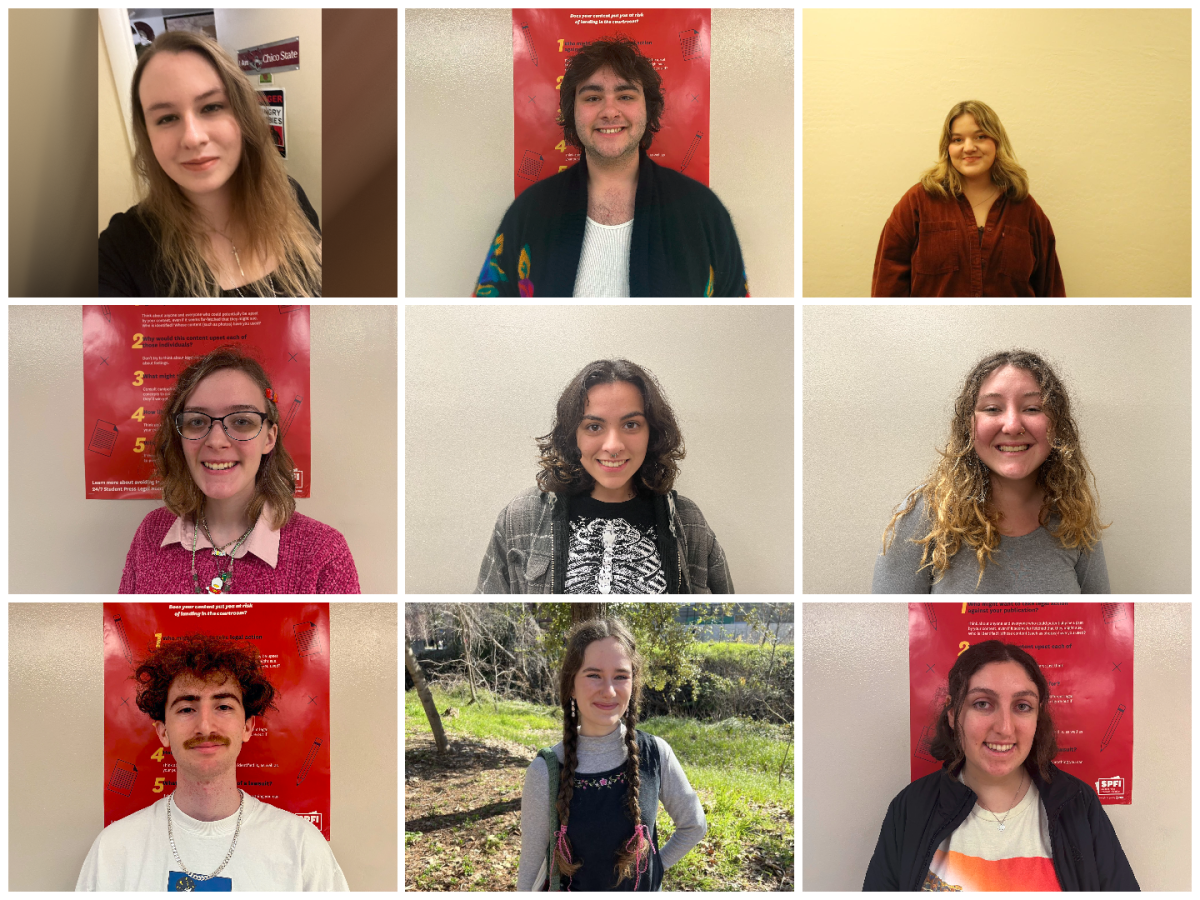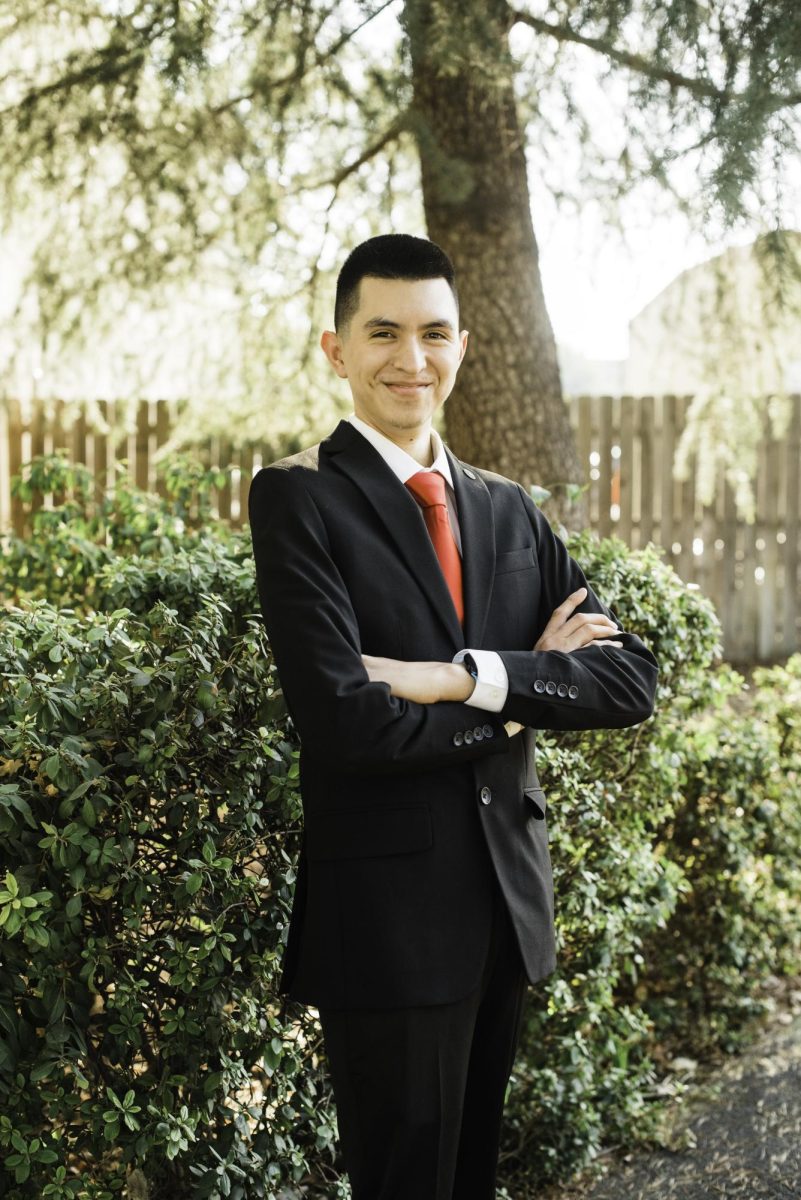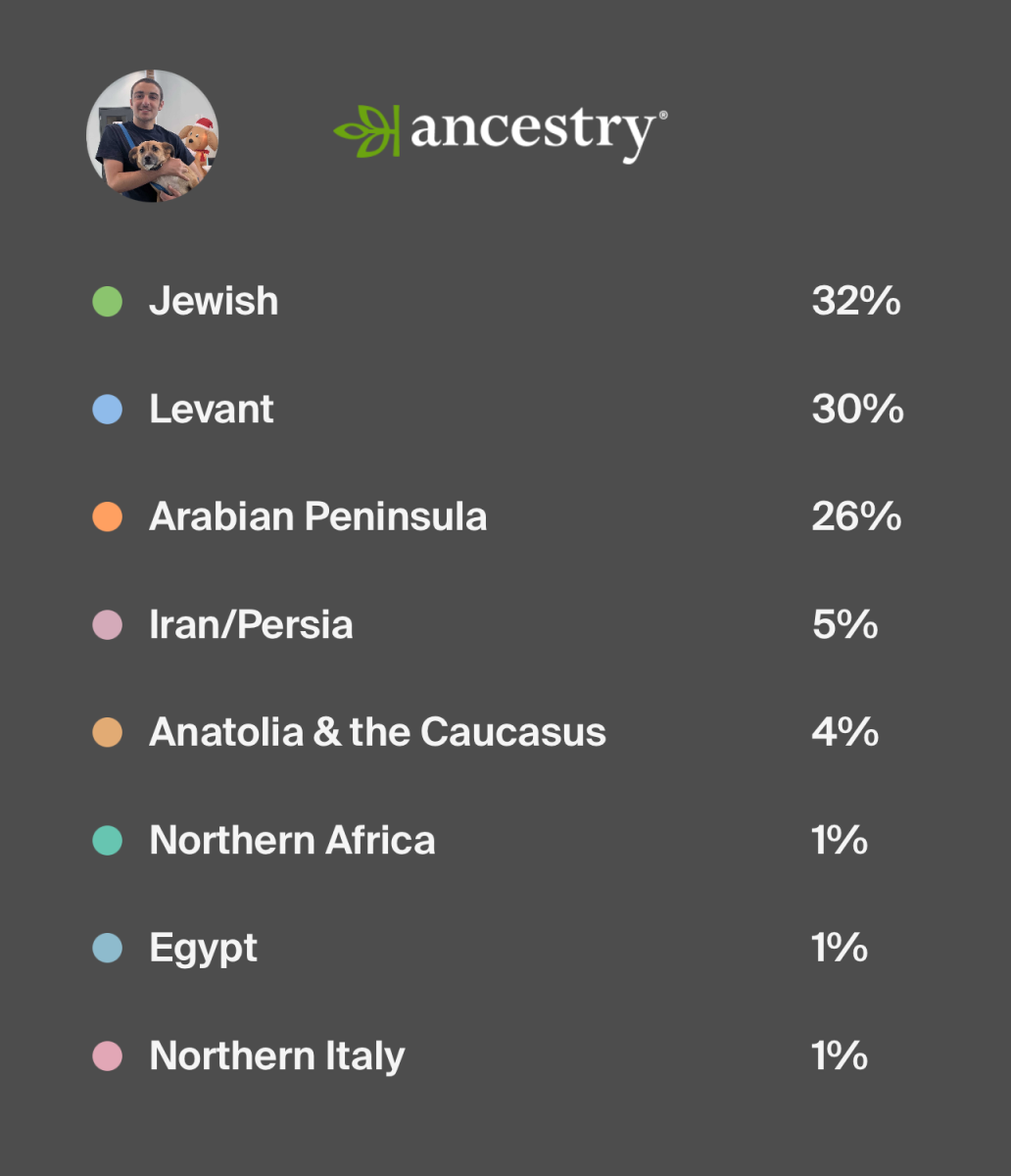For survivors of sexual abuse, trauma does not end with the physical attack.
Instead, there are questions: Will they be believed? Will they face scorn and further harassment? And, due to a recent, ongoing trend, they may also worry about whether or not the accused abuser will file defamation charges against them, dragging the victim back to court and potentially costing them time and money.
Last October, Governor Gavin Newsom signed a bill into law intended to protect victims of sexual abuse from frivolous defamation lawsuits.
Why does this matter?
The bill Newsom signed, Assembly Bill 933, is an amendment to existing state laws regarding defamation.
For these same victims to be gagged once more by the same attacker, this time in the form of a defamation lawsuit, is nothing less than a continuation of the initial attack.
— Victoria Burke
Victoria Burke is an attorney and professor who drafted a bill proposal for this amendment.
In her written background for the bill proposal, Burke wrote that silencing a victim is not only often a part of a sexual assault but can also continue after the attack is over.
“After the attack ends, they are often threatened not to tell anyone what happened,” Burke wrote. “For the perpetrator, this suppression is all about control. For these same victims to be gagged once more by the same attacker, this time in the form of a defamation lawsuit, is nothing less than a continuation of the initial attack.”
Victims of sexual assault often face the challenge of not being believed and can find themselves blamed for the act of violence perpetrated upon them. To be further accused — of defamation, in this situation — could keep the victim from speaking out or ultimately having justice served.
Additionally, when a victim feels empowered to speak out, they may inspire others who have experienced similar situations to come forward as well. In the reverse, if victims see someone whom they can relate to being put through an unnecessary defamation case, they may choose to be silent.
Many raise a very valid question, “Will I be heard?”
What does this bill mean?
“AB 933 creates a privilege that protects those speaking out about sexual assault, and for defamation claims filed against a person speaking out, the threshold standard is now raised to having to show the person speaking out did so with malice, which is the standard for famous figures, and is now the standard for private figures,” Burke said.
Furthermore, if the defamation suit is determined to be frivolous, the person accused of defamation can have their attorney fees paid, along with additional damages.
Defamation is a statement that damages a person’s reputation, and it can include written words – libel – or statements that are spoken – slander.
“Defamation is a tricky area of law as the lines between stating an opinion versus a fact can be vague, and defamation tests the limits of the first amendment freedoms of speech and press,” the Wex Definitions Team wrote, when defining defamation for Cornell Law School.
In California, defamation applies to “unprivileged” or unprotected speech. AB 933 elevates “communication made by an individual, without malice, regarding an incident of sexual assault, harassment, or discrimination” to privileged status.
Previous cases and examples
There have been many examples of defamation cases brought against victims of assault, or those who have made accusations in recent years. Many cases have been high-profile and concern celebrities or other public figures.
In 2013, Taylor Swift accused a DJ of reaching under her skirt and groping her while posing for a picture. In response, the DJ sued her for defamation, saying the accusation was false, and he suffered damages to his career and reputation because Swift informed his employers.
The DJ sued Swift for $3 million in damages, and she countersued for a symbolic $1. Swift won.
Dr. Luke also sued Kesha for defamation after she accused him of rape, and Marilyn Manson brought a defamation case against his ex-fiance, Evan Rachel Wood.
People behind the revolutionary #MeToo movement also faced challenges and defamation lawsuits after speaking out against their abusers, a fact that, in part, motivated Burke.
Burke has her own story of assault. She spent almost a year trying to start a police investigation.
Then, speaking to a law school colleague, Burke said she was warned against naming her abuser or otherwise identifying him. Her school friend, a defamation attorney, told Burke that #MeToo survivors were being sued in defamation cases. I kept telling myself that justice comes in many forms; that although my case did not end in an arrest, that the change I was bringing about for survivors was justice as well. — Victoria Burke
“She told me to research it, and I did … and I was shocked,” Burke said.
She could see the value in speaking up, especially when doing so revealed who the predators were.
“I knew I wasn’t going to be silenced, and I was going to make sure no one else was silenced either,” Burke said. “I felt I had the tools to bring about legislative change because of my position as an attorney and my experience drafting legislation on behalf of the American Bar Association. Hence, I decided to fix the law. The entire process was a cathartic journey of healing as well. I kept telling myself that justice comes in many forms; that although my case did not end in an arrest, that the change I was bringing about for survivors was justice as well.”
Changing the law
To get started, Burke researched cases for over a year, and then drafted a bill proposal “to change existing defamation laws in order to prevent survivors of sexual assault from being sued with weaponized defamation lawsuits intended to silence them from speaking out.”
In the background summary, Burke explained how these defamation cases are brought against victims and the many negative effects such cases have. In conclusion, she wrote, “To combat the misuse of defamation laws as weapons used to silence victims, we need to amend the existing language in the law.”
Burke sent the drafted bill to advocacy groups and emailed it to “every member of the California state legislature.”
“The first person to respond was the Speaker of the Assembly’s General Counsel, who praised how well-written my bill was,” said Burke. “He suggested I reach out to have it vetted by the ACLU for feedback, which I did. At that point I was hearing from staffers from various state Representatives and Senators with interest in authoring the bill.”
Burke began working with a member of Assemblymember Chris Ward’s staff, where she met with advocacy groups and judicial counsel to further work on the bill, and ultimately chose to make it an amendment to the existing law.
I’d like everyone to know that they do not have to settle for how things are; that they can bring about the changes they want to see. — Victoria Burke
“I found it greatly enjoyable, especially learning the workings of how a bill becomes a law,” Burke said. She compared the process to the show “House of Cards.”
Now, with the success of the amendment in California, Burke hopes to see other states follow suit.
“This was such a great moment having my bill signed into law in California that I am currently working very hard to see some form of it passed in every state,” Burke said. “My month-long effort to move my bill nationally has been very fruitful with numerous states showing interest to introduce their own version in 2024.”
As of this month, Burke said New York, Iowa and Hawaii have all introduced the bill, and she expects other states to introduce it this session too.
In the future, Burke would like to see continued improvement in laws and systems to aid victims. She said she wants to see increased penalties for those who spike drinks with drugs, and mandates requiring places serving alcohol to retain video records for at least 30 days so that victims have time to recover video evidence.
“I would also like to see the laws mandate all hospitals and emergency rooms be equipped to give a rape kit because so much evidence can be lost when a victim has to figure out where to go to get one,” Burke said.
The passing of California’s AB 933 is just one step toward better-helping victims of sexual assault, but one which hopefully gives some their voices back.
Those voices, and the voices of all Californians, have the power to enact change, as Burke knows well.
“I’d like everyone to know that they do not have to settle for how things are; that they can bring about the changes they want to see,” Burke said. “We do not have to rely on politicians to be the ones bringing forward change legislatively. The legislative staffers do read the proposals that come across their desks, and all you have to do is develop the idea of what you want done and send it out. We all have the power to be the change we want to see.”
Heather Taylor can be reached at [email protected].










